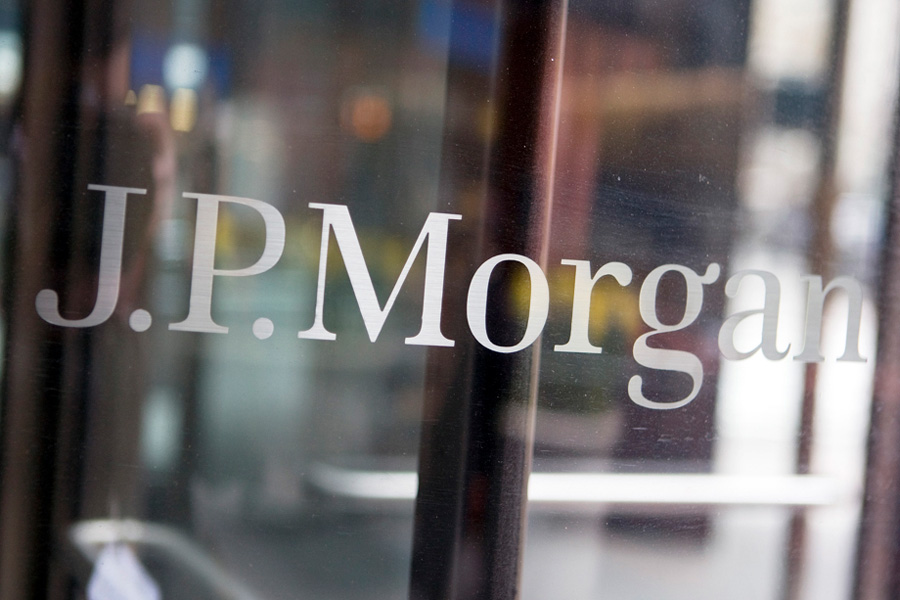

The market volatility spurred by the pandemic has proven women — especially women of color — are disproportionately impacted as they risk losing their productivity and jobs at greater rates than white men and women.
Yet, this year’s impact has also prompted more Black and Latina women to take ownership of their finances and investing, according J.P. Morgan Wealth Management’s Women and Investing study which surveyed 1,375 women investors with at least $150,000 in investable assets in October.
In fact, 19% of the women surveyed started investing in 2020 to capitalize on this year’s market volatility, compared with 5% of affluent white women, according to the study. When starting to invest, 78% of Black and Latina women used self-directed educational resources, including online educational resources, apps or TV shows, compared to 47% of white women.
Despite the majority (75%) of the women being more confident than their white counterparts (50%) about their financial future, more than half of Black and Latina women surveyed said they faced more challenges to investing, including finding financial advice that fits their needs.
When asked what challenges or barriers affluent Black and Latina women investors faced that made it difficult to start investing, 30% cited too much debt, compared to 22% of affluent white women. When they first became investors, 21% noted that services did not fit their needs or they had a bad experience, compared to 7% of their white counterparts.
On top of that, nearly 30% of affluent Black and Latina women investors financially supported friends and family in 2020, compared to 11% of affluent white women.
Financial education at a young age has propelled more women, regardless of race, to make smarter investing decisions, according to the study. Overall, 60% of women surveyed had parents or caregivers who invested their own money, and 55% recall hearing or being a part of family discussions about investing as children.
“Closing the racial and gender wealth gaps demands work across communities,” said Byna Elliott, Head of Advancing Black Pathways for JPMorgan Chase. “What’s interesting to me about this study is that Black girls get a clear head start on building wealth when their parents talk to them about money and set up a savings or investing account.”
Still, to move the needle on the racial and gender wealth gap demands a lot more financial literacy resources and engagement for non affluent communities as the disparities are evident.
For example, Black and Latinx families have 32 and 47 cents in liquid assets for every dollar held by white families, according to past research from the JPMorgan Chase Institute. In addition, homeownership rates are 25% lower for Black and Latinx families and, as rents continue to rise, Black and Latinx households are more likely to be cost-burdened than white households.
Financial literacy is a major component of what can drive change for people of color, according to Mellody Hobson, co-CEO and president of Ariel Investments and InvestmentNews Women to Watch Alexandra Armstrong award winner.
“The racial and social unrest that we’ve had in America, I believe, is directly correlated to economic inequality, and the disparity in wealth in this country,” she said. “Financial literacy is the silver bullet that is key to unlocking a whole host of issues in this country.”

Blue Anchor Capital Management and Pickett also purchased “highly aggressive and volatile” securities, according to the order.

Reshuffle provides strong indication of where the regulator's priorities now lie.

Goldman Sachs Asset Management report reveals sharpened focus on annuities.

Ahead of Father's Day, InvestmentNews speaks with Andrew Crowell.

Cerulli research finds nearly two-thirds of active retirement plan participants are unadvised, opening a potential engagement opportunity.
Barely a decade old, registered index-linked annuities have quickly surged in popularity, thanks to their unique blend of protection and growth potential—an appealing option for investors looking to chart a steadier course through today’s choppy market waters, says Myles Lambert, Brighthouse Financial.
How intelliflo aims to solve advisors' top tech headaches—without sacrificing the personal touch clients crave
